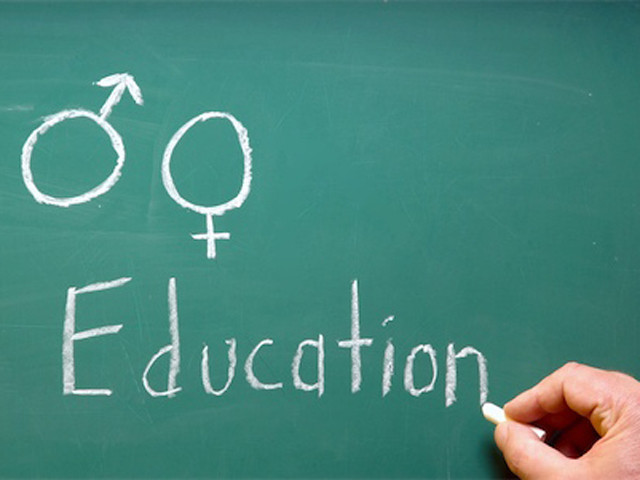Islamabad:
In all Pakistan, children are growing with questions that do not know how to do, and when they ask, they are often silent, nervous laughter or a rapid change of subject. Some questions are whispered with friends in school corridors. Some are written in silence in the search bars at night. But the truth is that the questions are always there. And the longer we ignore them, the more likely our children find answers in all the wrong places.
It is easy to say that a child is “too young” to know something. But the reality is that many are already discovering: through social networks, their peers or internet algorithms that do not request parents or cultural context. When schools do not teach them, when parents do not talk to them, children are still curious. They will simply search. And on the Internet, what they find can vary from confusing to dangerous.
There is no shortage of videos, memes and influential people willing to explain the world, often in an inaccurate, sensation or even predatory. A child who tries to understand the changes in his body can end with content designed for adults. A teenager who tries to learn about emotional relationships can stumble in forums or DM that exploit their confusion. These are not hypothetical: they are happening every day, in each city, on each smartphone.
That is why health education in schools is no longer optional. It is necessary.
When we talk about health education, especially around puberty, reproduction and emotional well -being, we are not talking about anything inappropriate. We are talking about facts, of helping children understand themselves before the world shows them the wrong lessons. It’s about giving a girl confidence to know that her first period is normal, not shameful. It’s about giving a child the language to talk about feelings without fear. It is about letting every child know that their body belongs to them and that they have the right to speak if something feels bad.
There is a quiet type of strength to give knowledge of a child. It does not encourage behavior, it encourages understanding. When a child knows proper names for the parts of his body, he understands the limits and can recognize signs of damage or abuse, they are safer. Not only in their own homes or classrooms, but in the broader world that is becoming increasingly difficult to control.
The reality is that children are growing faster than ever. They are more connected, more exposed and more influenced by what they see and listen online. But its emotional development is still fragile. They need guidance, soft, precise and respectful guide, delivered in an environment of trust.
It is not about introducing new complicated subjects in the curriculum. Health education can be easily integrated into what is already taught. It can be done in a way that reflects our cultural values and sensibilities. Other Muslim majority have done it, in a low, respectful and effective voice. It is not about pushing the limits. It’s about protecting them.
There is a difference between innocence and ignorance. We must preserve the innocence of childhood, but that does not mean keeping children in the dark. It means giving them enough light to see where they are going. To understand the changes that occur within them. Respect themselves and others. Ask questions without fear and know that they deserve answers that are true.
Parents want the best for their children. So do teachers. But we must stop waiting for these conversations to occur behind closed doors if we have never created a safe space for them. Schools can offer that space: structured, appropriate for age and guided by trained educators. When done correctly, health education does not undergo family values. Strengthens them.




